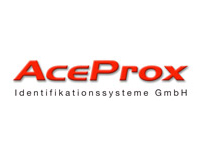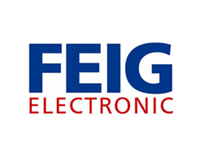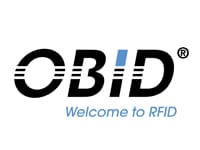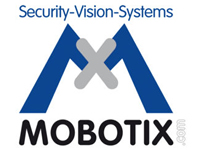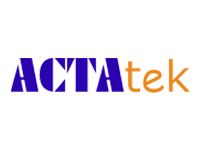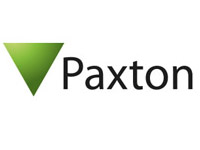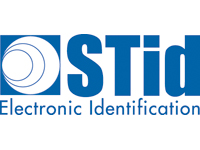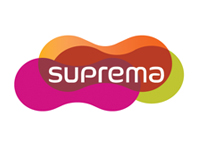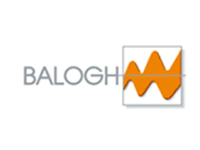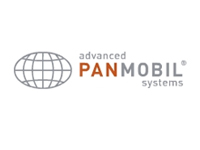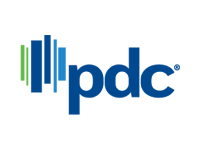[printfriendly]
SUPPLY CHAIN
A major issue in the supply chain management is product loss or shrinkage. Radio-Frequency Identification (RFID) technology can be used to provide a more efficient way to identify and track items at various stages throughout a supply chain in real time and give users increased levels of product and asset visibility.
RFID can be used in retail to automatically receive in shipments, and increase visibility of merchandise in the warehouse and retail shelves.
USING RFID IN YOUR SUPPLY CHAIN:
- Real time traceability using RFID technology at low costs
- Affordable for small and medium scale industries
- Reclaim competitive advantages in Small and Medium industries
- Increase business efficiencies
- Identify problem areas in the supply chain
WHICH RFID TECHNOLOGIES ARE USED?
RFID TAGS
Also called transponders, RFID tags come in two types:
- Active – ith their own means of sending a signal
- Passive – relying upon the tag reader to provide the power necessary to generate the response signal.
The signal could be comprised of a basic identification number such as an Electronic Product Code (EPC), or a more complex set of data stored within the tag’s memory such as manufacture date, product lot number, serial number, etc etc.
RFID READERS
Electro-com supply industry leading RFID readers. Electro-com will find the right RFID reader for your application depending on the location, environment, and scanning area coverage required. A reader is used to identify all tags within its reception coverage area.
We pride ourselves on being knowledge leaders in RFID technology and its developments. Unlike some of our competitors, our RFID Engineers have had over 15 years experience in the RFID industry and have worked for industry leaders such as Texas Instruments.
WHAT ARE EPC STANDARDS?
EPCglobal® is leading the development of industry-driven standards for the Electronic Product Code™ (EPC) to support the use of Radio Frequency Identification (RFID) in today’s fast-moving, information rich, trading networks. EPCglobal® develops and oversees standards for the Electronic Product Code (EPC) Network and also provides a global EPC number registry service for electronic product codes. Their focus is increased visibility and efficiency throughout the supply chain and higher quality information flow between companies and their key trading partners.
Essentially, the EPC is the electronic equivalent of the UPC barcode. It is a string of characters that uniquely identifies any tagged item. However, instead of referring to a class of products, like UPCs do today, the EPC refers to a specific instance of product. In essence the EPC is a single ID built upon smaller IDs that represent the manufacturer, product identification (or model), and a serial number for that particular item.
The EPC is embedded in a RFID tag, primarily a low cost passive read-only tag on individual products or cases. When a reader scans each tag, it will transmit back its unique EPC code. This is done with little to no manual effort required compared to the work required to open boxes and align a barcode with its visual scanner. The EPC tag standard does not preclude other tags with read-write functionality or even more advanced capabilities.
Please contact us to discuss how we can assist in improving your supply chain using RFID.

